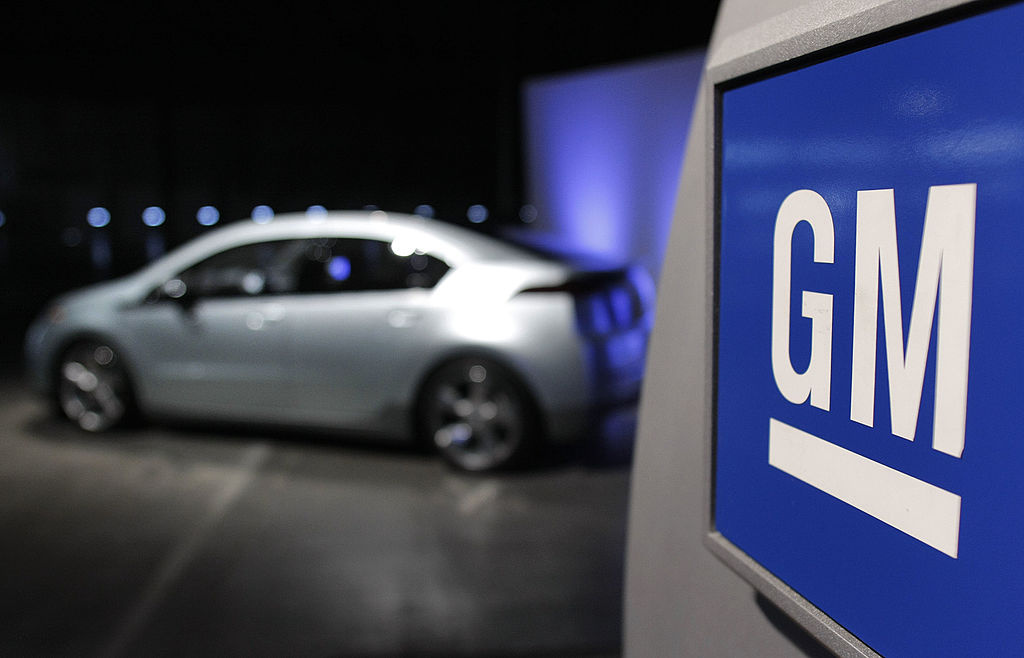General Motors (GM) has announced a significant financial setback, indicating a $1.6 billion charge in the upcoming quarter. This development follows the Trump administration’s decision to roll back federal electric vehicle (EV) incentives and relax emissions standards, a change that is causing ripples throughout the US automotive industry.
The company disclosed in a regulatory filing that the charge comprises $1.2 billion in non-cash impairment costs related to adjustments in EV production capacity. Additionally, $400 million will be attributed to contract cancellations and other commercial settlements tied to its EV investments. Following the announcement, GM shares dropped nearly 2% before the market opened on Tuesday.
Impact of Policy Changes on EV Sales
The financial hit coincides with the termination of the US clean vehicle tax credit program, which had previously provided buyers with up to $7,500 for new electric vehicles and $4,000 for used ones. In light of these changes, GM anticipates a decline in EV sales in the near term. The company stated, “The charge is driven by our expectation that EV volumes will be lower than planned because of market conditions and the changed regulatory and policy environment.”
The Trump administration’s policy shifts also include the easing of tailpipe emissions regulations and the cessation of federal funding for EV charging infrastructure. Additionally, the administration opposes California’s proposal to ban the sale of new gasoline-powered vehicles, arguing that automakers should not be compelled to abandon traditional gasoline models.
Strategic Reassessment and Future Goals
This policy reversal represents a stark contrast to GM’s recent commitment to electric mobility. The Detroit-based automaker had previously pledged $27 billion toward electric and autonomous vehicles by 2025, with a goal to ensure that over half of its factories in North America and China can produce EVs by 2030. CEO Mary Barra has been a prominent advocate for GM’s electric future, even predicting that the company would surpass Tesla in US sales by mid-decade.
Despite the current challenges, GM remains committed to producing a majority of electric vehicles by 2035 and achieving carbon neutrality by 2040. The company cautions that while this realignment will not affect existing electric models, such as the Chevrolet Blazer EV, GMC Hummer EV, and Cadillac Lyriq, additional charges may arise as it reassesses production and demand amid changing market conditions.
Analyst Garrett Nelson from CFRA Research pointed out that automakers focusing more on hybrid development, like Toyota and Honda, are currently better positioned in the US market. As the landscape shifts, GM’s strategy will likely continue to evolve in response to the new regulatory environment and market realities.



































































